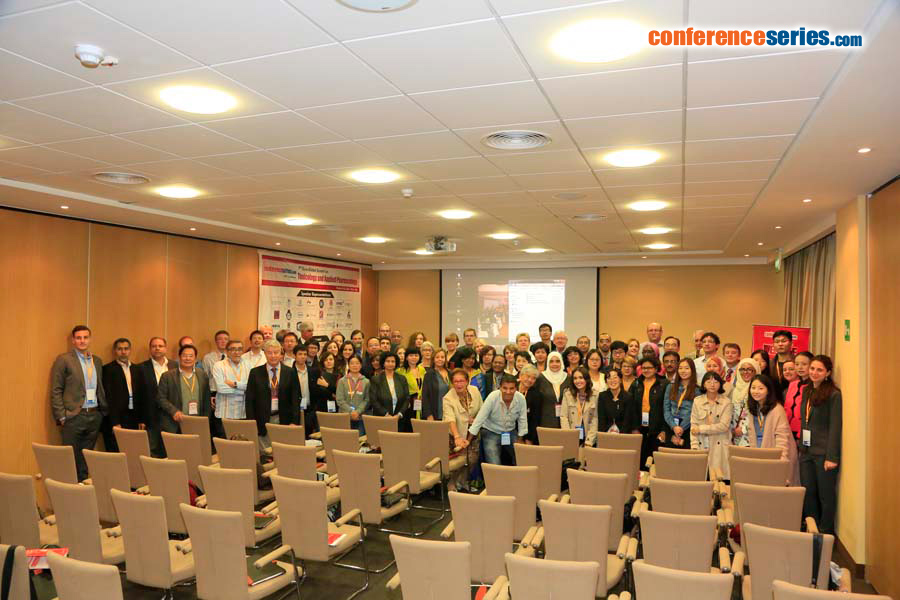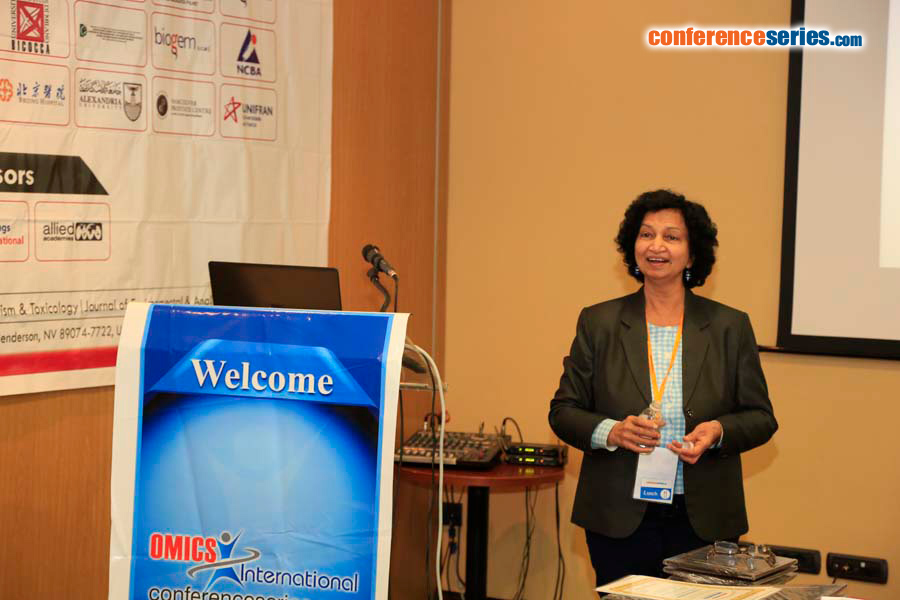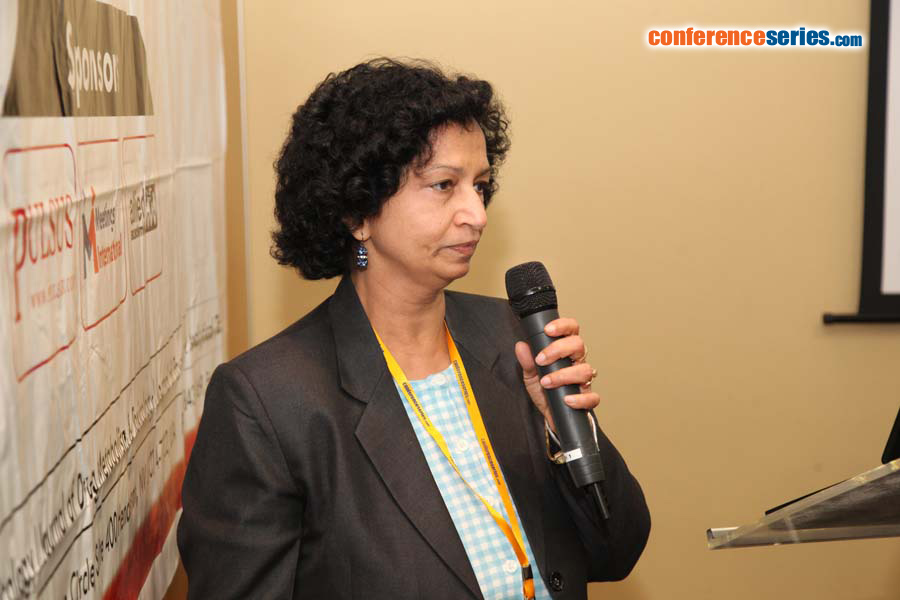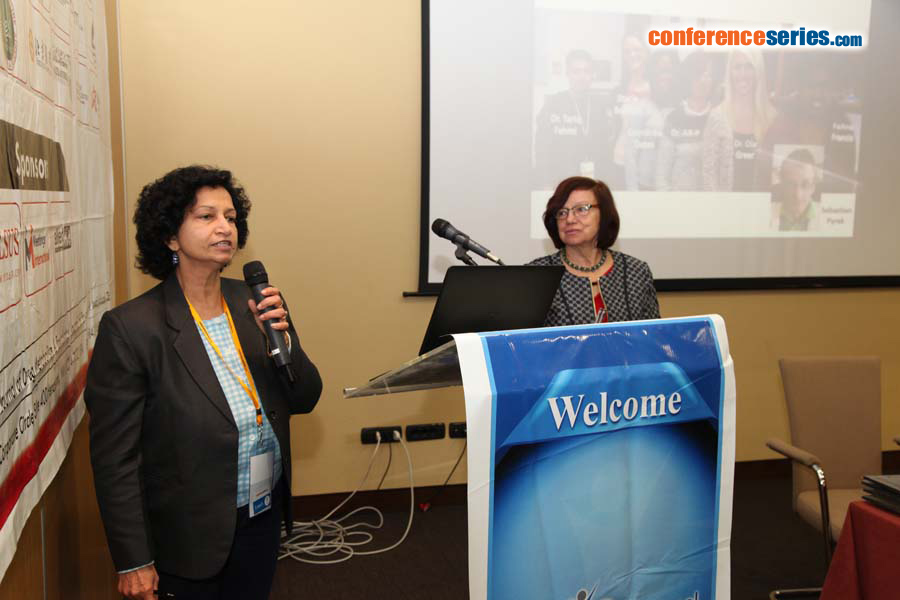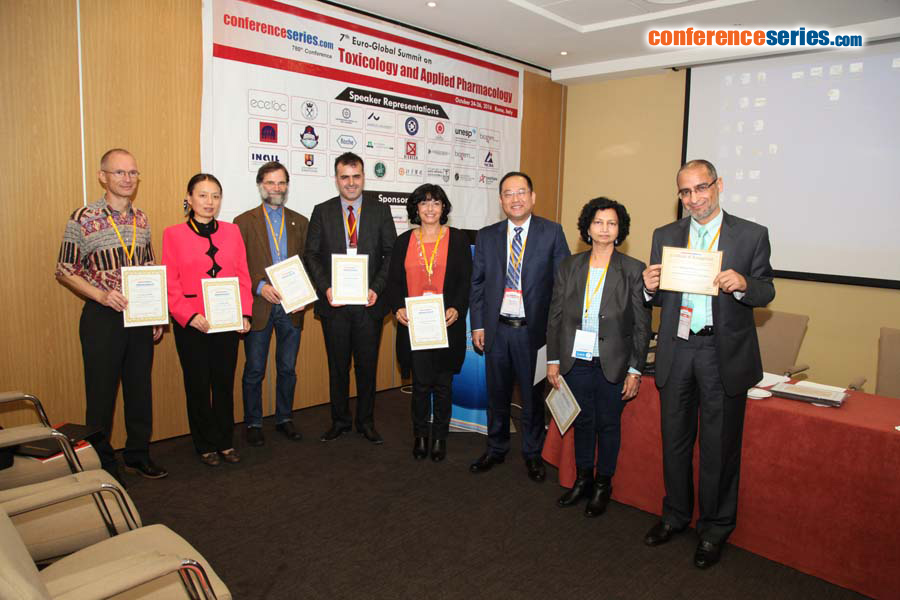Manju Sharma
Vancouver Prostate Centre, Canada
Title: East Indian sandalwood oil (EISO) alleviates inflammatory and proliferative pathologies of psoriasis
Biography
Biography: Manju Sharma
Abstract
Psoriasis, a chronic infl ammatory skin disease marked by hyper-proliferation and aberrant diff erentiation of keratinocytes, affects 2-3% of the population in the United States. Research into the pathogenesis of psoriasis has been hampered by the lack of animal models that accurately refl ect the biology of psoriatic phenotype. We have previously reported that EISO has significant anti-infl ammatory properties in skin models. We hypothesized that EISO might provide therapeutic benefit to psoriasis patients due to its anti-infl ammatory and anti-proliferative properties. Th e clinical relevance of this hypothesis is supported by interim results from an on-going proof-of-concept Phase 2 clinical trial in which topically applied EISO is demonstrating to be well tolerated and helpful in alleviating mild to moderate psoriasis symptoms. We have evaluated the ability of EISO to aff ect the psoriatic phenotype using organotypic psoriasis tissue and normal (non-psoriatic) human skin models
from MatTek Corporation. Treatment of the psoriasis tissue model with EISO reverted psoriatic pathology, as demonstrated by histologic characterization and expression of keratinocyte proliferation markers, Ki67 and psoriasin. Th ese phenotypic affects correlated with greatly suppressed production of ENA-78, IL-6, IL-8, MCP-1, GM-CSF and IL-1β. Demonstration of the ability
of EISO to abrogate these psoriasis symptoms in well-characterized in vitro psoriatic tissue models supports the hypothesis that the clinically observed symptom alleviation is due to suppression of intrinsic tissue infl ammation reactions in afflicted lesions. This study presents systems to further study the underlying mechanisms that cause psoriasis, and to help direct and accelerate
the development of more eff ective therapies.
Speaker Presentations
Speaker PPTs Click Here


